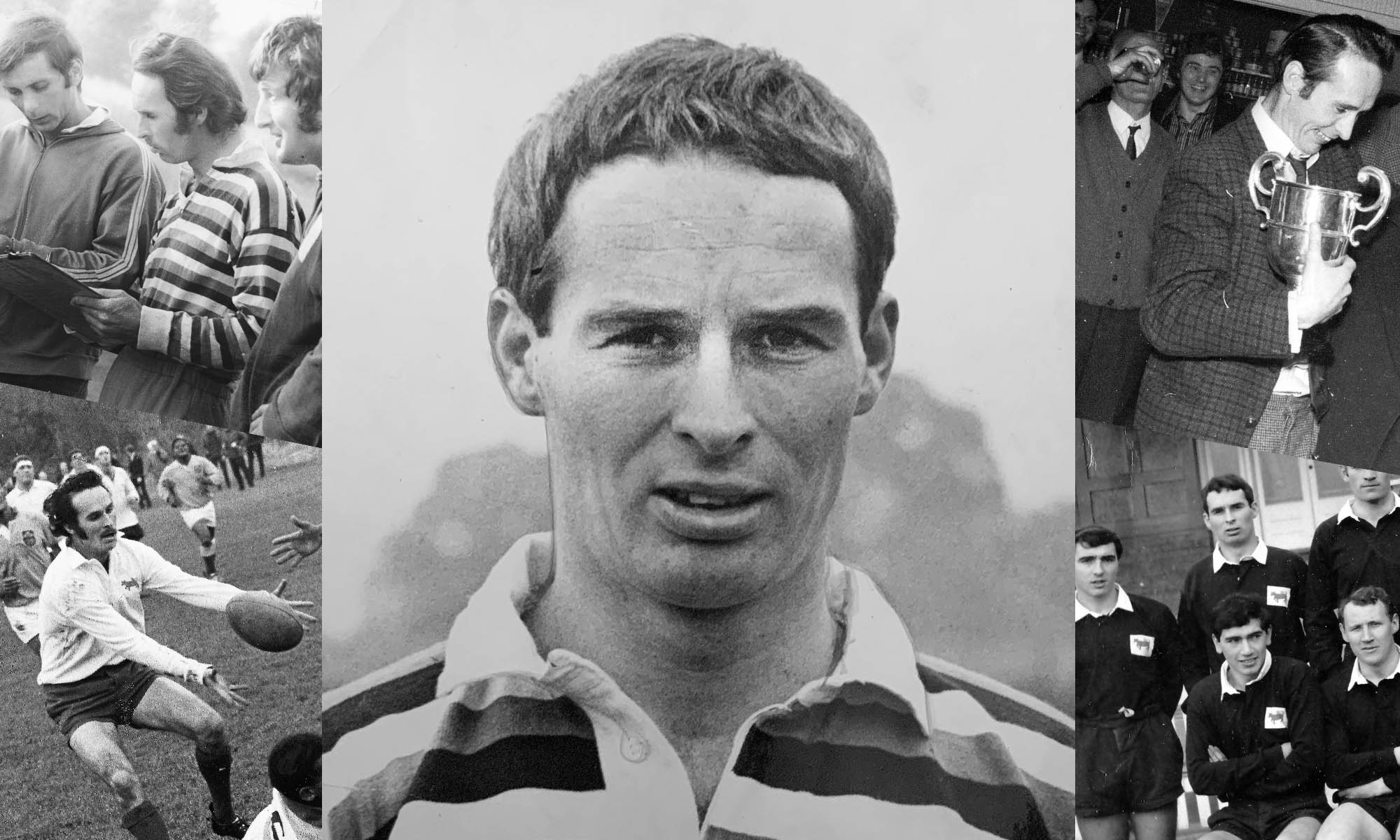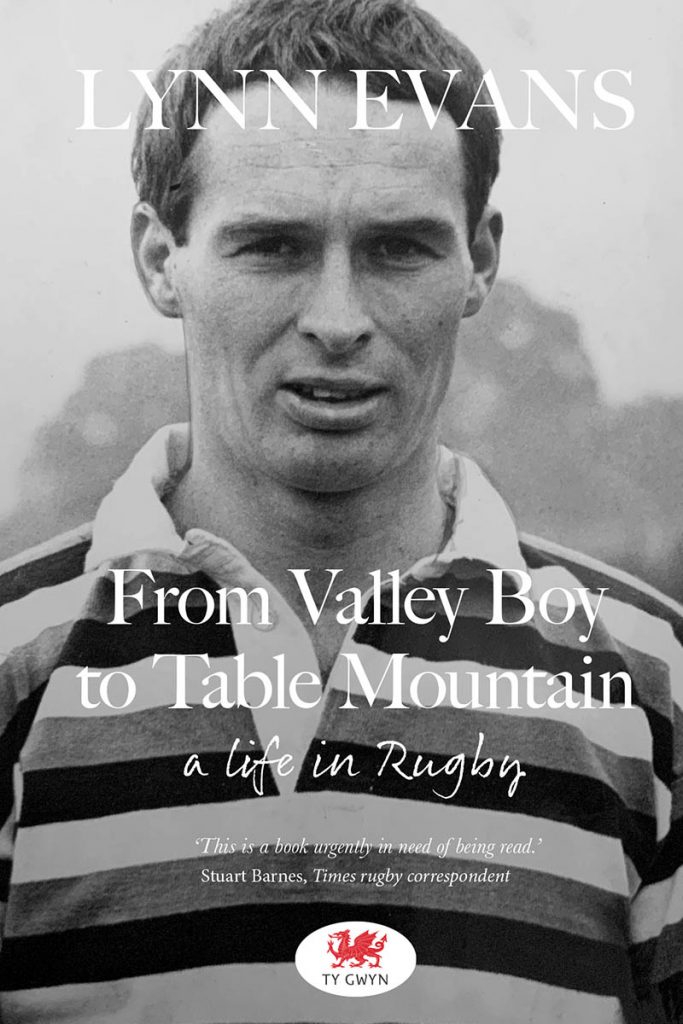
Introduction to the book
As a young boy, growing up in the Western Valley village of Risca, in Monmouthshire, I used to spend my entire school holidays playing games or participating in various adventures.
My street, Gwendoline Road, was a veritable sports stadium. My friends and I played traditional sports, such as rugby, football and cricket and others that we just made up. There was no coaching. We watched sport live, mostly rugby at the local clubs of Risca and Crosskeys. We learned through a combination of our own play and observation of adults playing. Cycle speedway on my grocery delivery bike and the ‘Open Golf Event’ on the mountain top were innovative competitions.
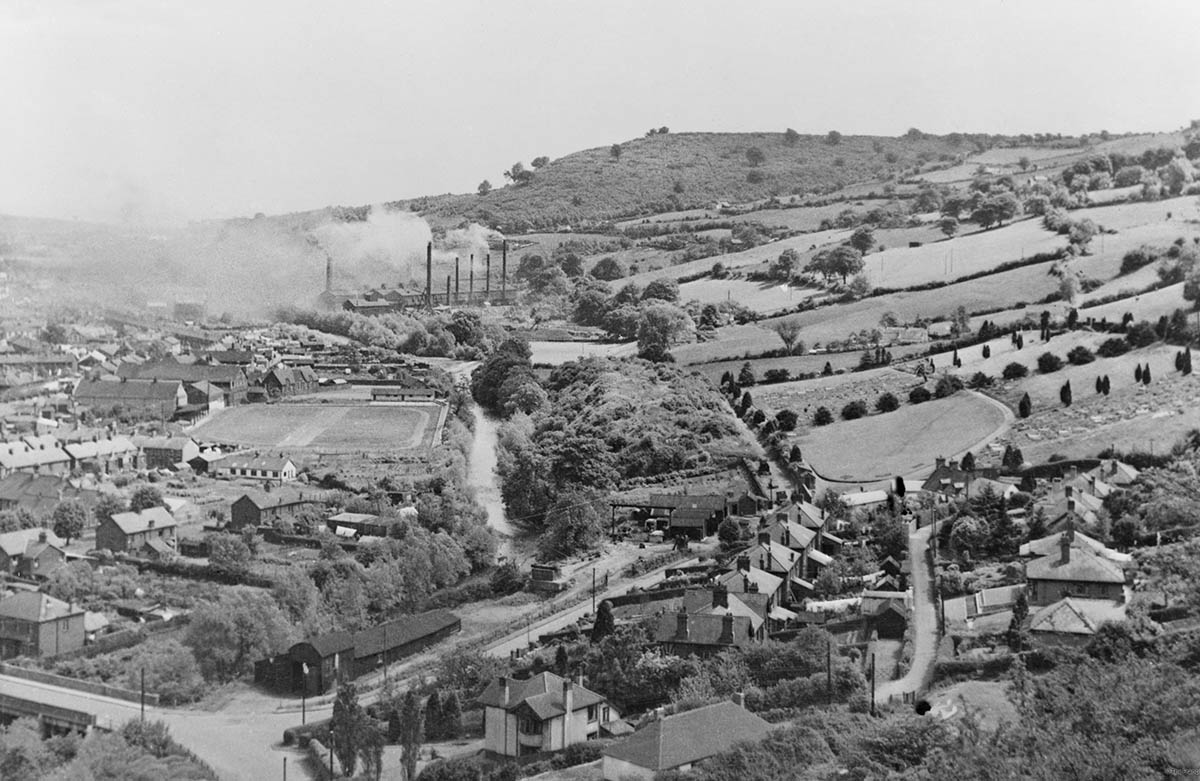
Pontywaun Grammar school had a limited physical education programme but provided me with good opportunities to play rugby and cricket for the school team. Twenty-a-side touch rugby in the playground, during lunch breaks, honed our evasive running skills, tactical nous and capacity to handle under the severest pressure. I am sure that my friends and I played games for nearly the ten thousand hours supposedly required for elite athletes to practise. We did not have the help of a sympathetic coach, or indeed any coach, to refine and guide us. However, we did develop a great understanding of ‘game play’ or as it is more readily known, tactical understanding of games. We were able to transfer the skills we learned in one game into other sports and activities. Running from the Newport RFC rugby ground at Rodney Parade to the train station (about two miles), and sidestepping several hundred supporters, engaged me in thirty minutes of intensive, evasion skill work.
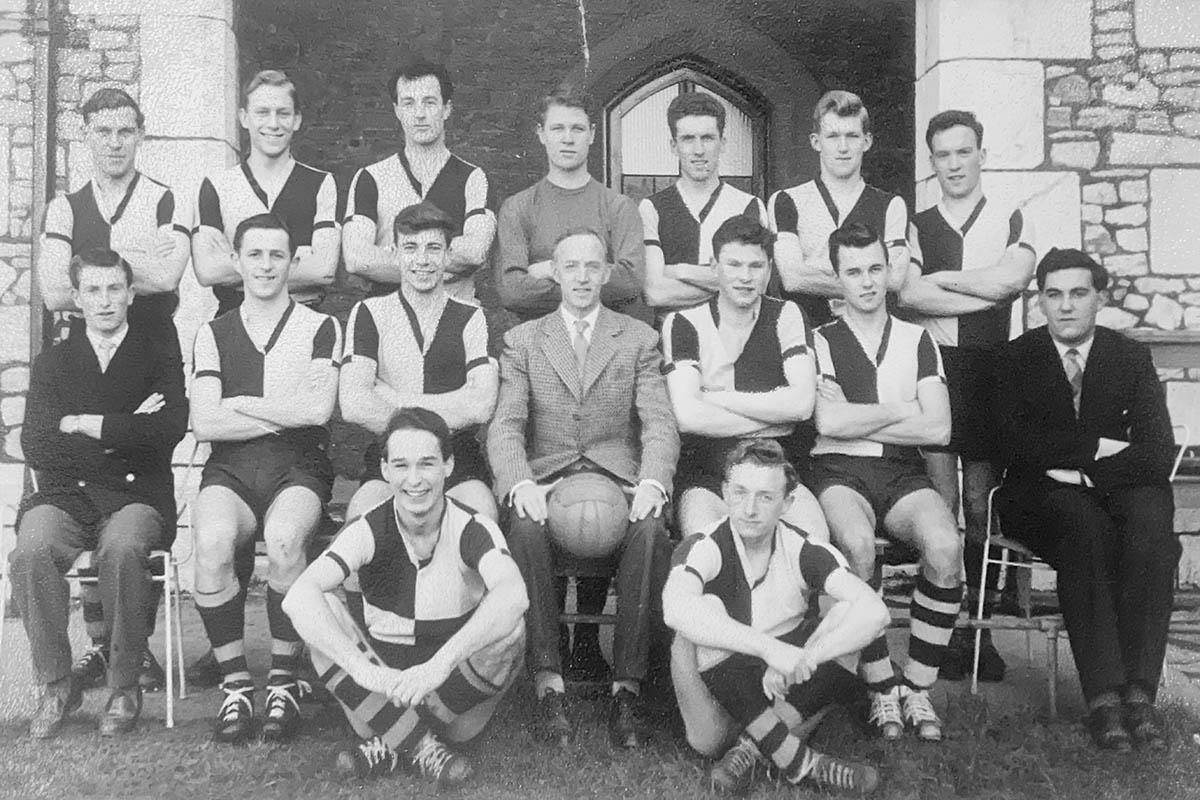
Since qualifying as a teacher at St. Luke’s College in Exeter, in 1961, I have been coaching rugby and many other sports. In 1964, I attended the first RFU Coaching week held at Lilleshall in Shropshire. Two schoolteachers and coaching pioneers of rugby in England at the time, Ray Williams, who went on to head up coaching in Wales, and Ian Beer, ran this course which had mostly schoolteachers in attendance. This was the first step towards developing a formalised coaching system in the country. When I began as coach for Oxford University Rugby Football Club (OURFC), in 1981, it was not in the capacity as ‘team coach’. The wording of the contract, rather quaintly, was ‘to assist the captain in the preparation of the team for the University match’.
At that time, I followed the traditional, coach-led method. I organised the session and told the players what to do. Generally, they followed what I told them.
Two events made me question the usefulness of my coaching methods. Firstly, I attended a coaching session, organised by the RFU’s Coaching Organiser, Don Rutherford, which featured Pierre Villepreux, a French rugby coach. What I observed at Marlow that evening made me want to discover more of what looked like the free play I enjoyed in Risca in my youth. This was ‘game play’ in a relatively unstructured way. The coach was guiding and challenging the players to find solutions to their problems in the games they played.
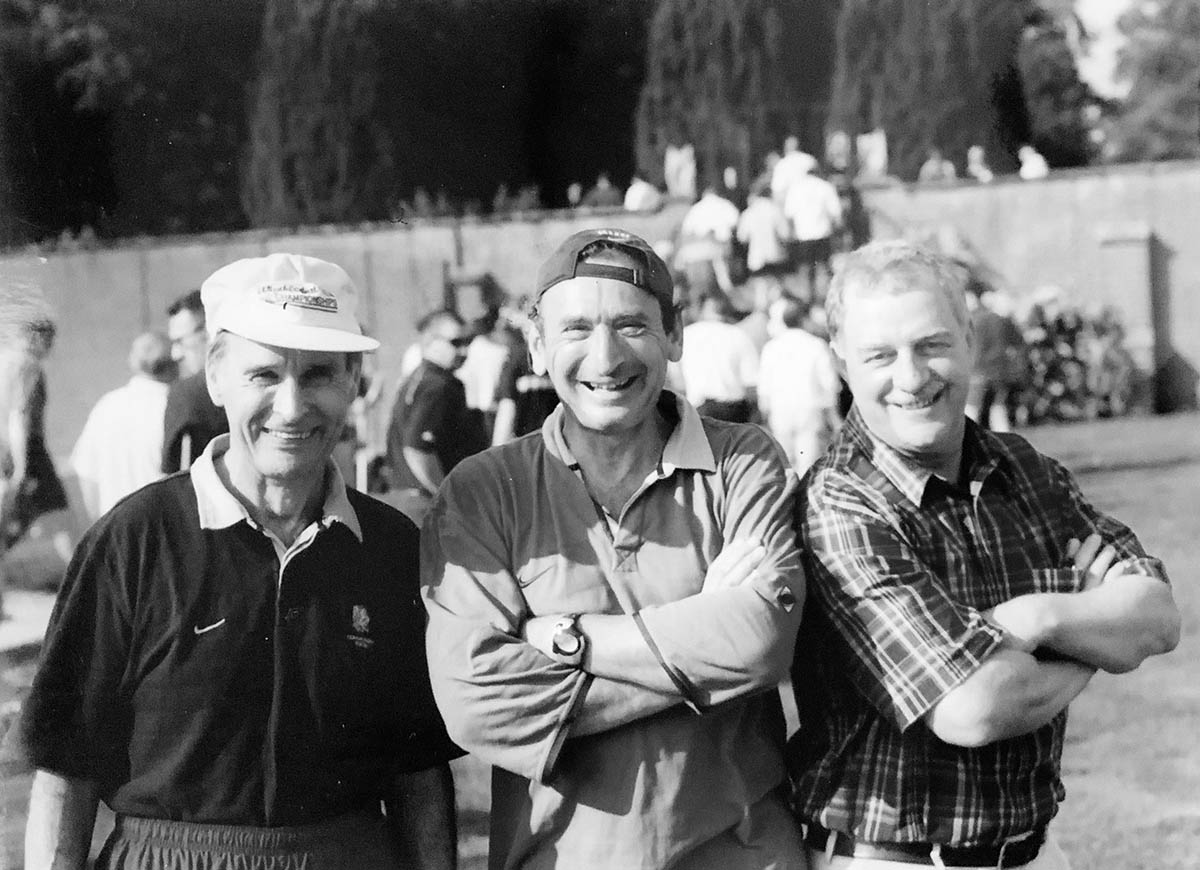
The second event was the acceptance by the RFU coaching department to develop a ‘player-centred’ approach to coaching. This placed the players more at the heart of the coaching process and involved them more through the use of questioning. A senior coach with the RFU, Chalky White, had a huge influence on my own development as a player-centred coach. His insistence on attention to detail was legendary. Putting the two processes of game play and player involvement together in the coaching process, seemed to make sense. So, for me, using a game and player-centred approach changed the way I was to coach thereafter.
This book is largely about that process. It is possible to develop free thinking players, able to take more responsibility for their actions in the game. The more traditional style of coaching is far from obsolete. Yet it should be possible to involve the players more in the decision-making process and to let them learn through close interaction with the coach and the game.
What I have found with young players is that they respond to game-play coaching in a very positive way. The coach can challenge them about actions in the game and check whether or not they understand what they are doing. I wish to share this approach with other coaches, in the hope that it is of value in their coaching.
